Protecting the Dja Biosphere Reserve
CameroonProtecting the Dja Biosphere Reserve
Duration of the partnership
2016
Location
Cameroon
The project goals
The Dja Biosphere Reserve covers 526,000 hectares in eastern Cameroon. It is the country’s largest conservation area, protecting one of the largest and most intact tropical forests of Central Africa that is home to iconic species like chimpanzees and western lowland gorillas.
Slash-and-burn agriculture and cocoa cultivation, which contribute to deforestation, are the primary means of subsistence for the local populations living in and around the reserve.
The project of NGOs Aafeben and TFRD features an innovative conservation model based on developing economic value chains to benefit local communities, to promote a process of sustainable forest management. The three economic sectors have been developed for the sustainable production of moabi, wild mango and cocoa. The project’s primary achievements include improved collection and drying techniques; the establishment of a pre-processing platform for primary products (vegetable oils and butters); and the creation of a marketing and export structure.
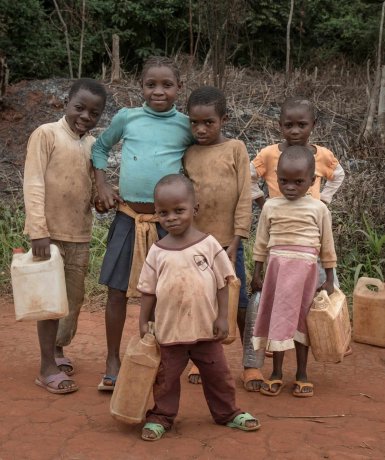
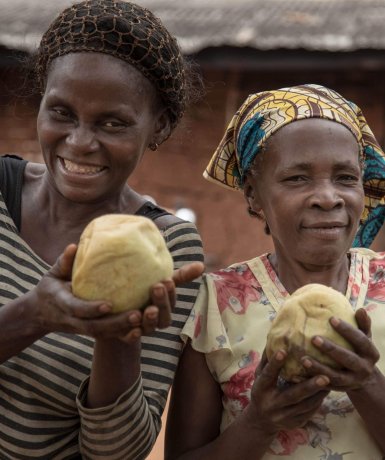
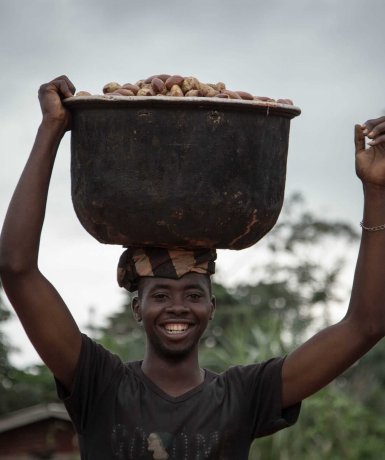
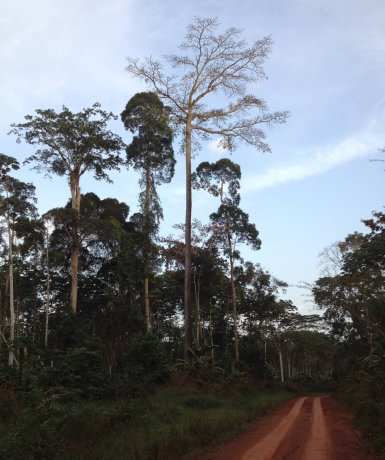
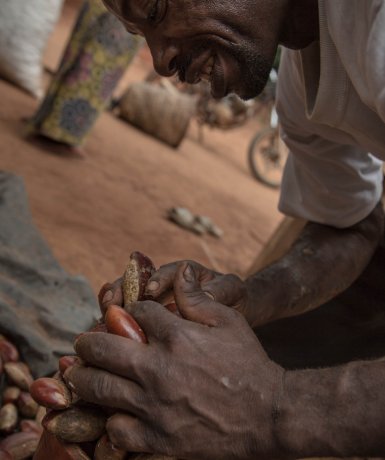
The Beneficiaries
The NGO Aafeben supports 10 groups comprising 350 women from the Baka and Bantu ethnic groups to collect and sell forest products such as wild mangoes and Moabi. Likewise, a green farming centre in Lomié brings together production processes at the community level.
The NGO TFRD works with 15 villages and 160 farmers, including 50 women, and supports their organisation into cooperatives and builds their technical capacities.
The project benefits
The project contributes to the preservation of the reserve as well as to improving the local communities’ livelihoods by recognizing their right to access natural resources, by establishing a sustainable resource management system through consensus, and by enhancing the economic value of local production.
Project leader Man and Nature with TF-RD and Aafeben
Two Cameroonian NGOs work in a complementary way on this project. Aafeben works in the eastern outskirts of the reserve with 10 community forests. It aims primarily to encourage women’s entrepreneurship projects. The objective of the NGO TFRD (Tropical Forest and Rural Development) is to protect the Dja Reserve, by helping farmers intensify cocoa production so they do not have to extend their fields to the detriment of the forest. The association also helps the communities develop non-timber forest products in the area. These associations are supported by the Maisons du Monde Foundation via the French NGO Man & Nature.Website


 Contact us
Contact us 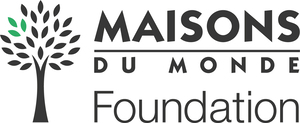

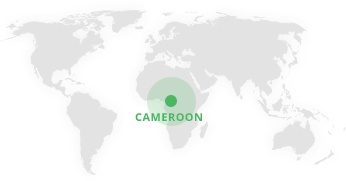


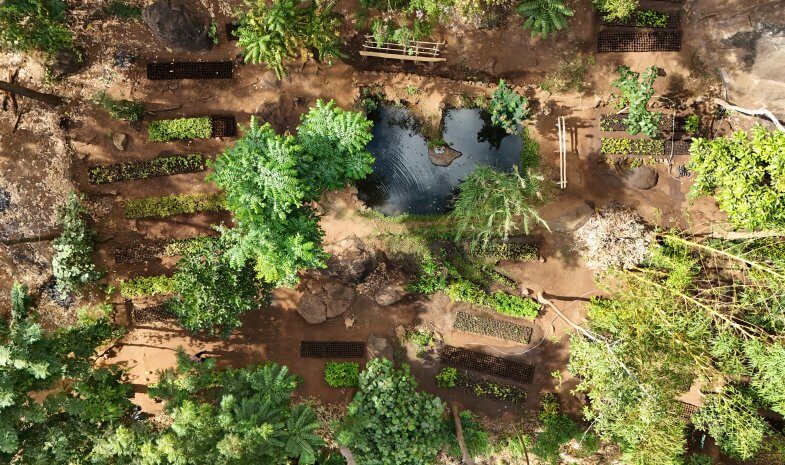
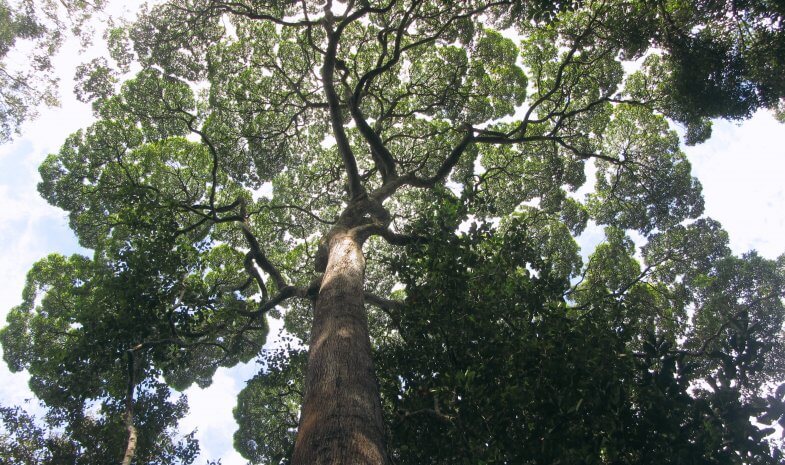
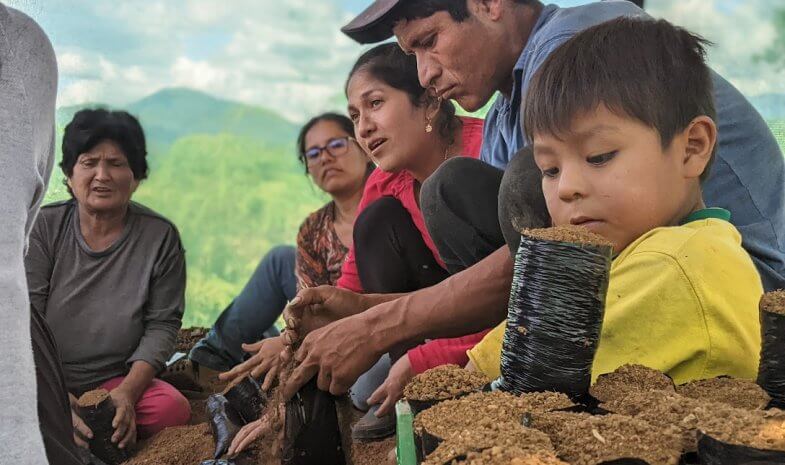
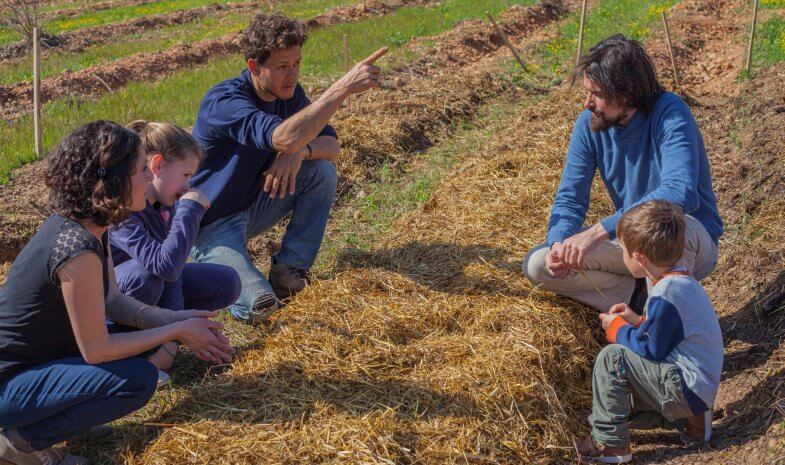

In Kabilone II, Majolie Obia is part of a group of women who collect non-timber forest products (NTFPs) supported by the project.
“I received valuable training from TF-RD on pre- and post-processing of NTFPs, as well on using the by-products to create value, such making soap from Moabi oil. In the first round, I received the raw materials and equipment needed to make 100 bars of soap. The NTFP project saved our group 150000 CFA so we could carry out our micro development project, namely building a hall for women’s meetings and other events in the village.”
Majolie Obia, Member of the group "ASFEKA"